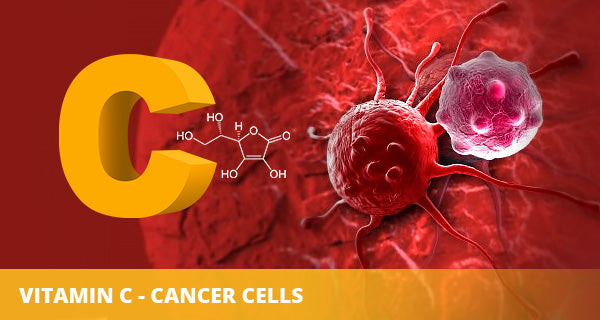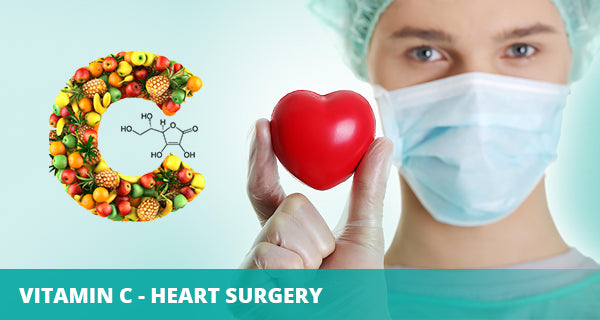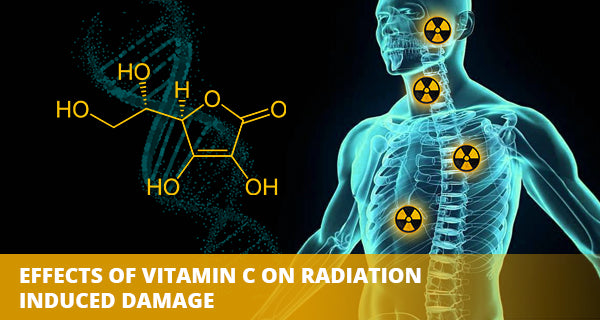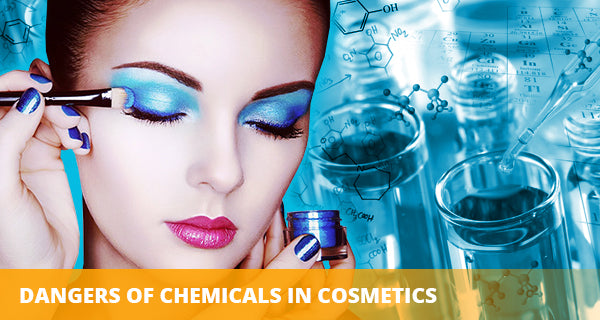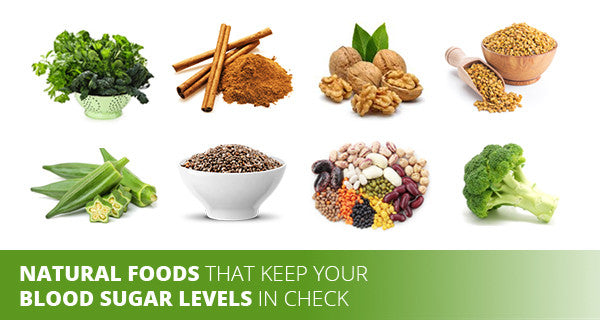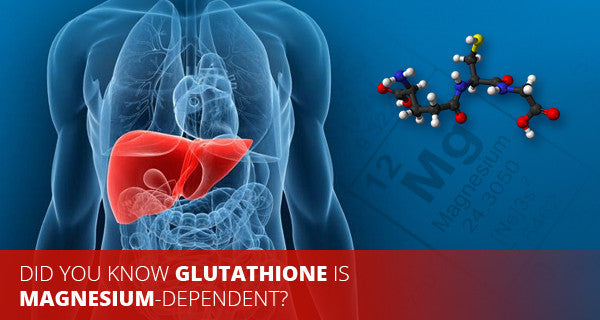Health on Your Terms
Viewing posts tagged vitamin c.
Vitamin C is mostly known for its role in boosting immunity and preventing scurvy. It works as an antioxidant in the body AND plays an important role in the production of collagen, fibrous protein that hold together your connective tissue present in muscles, ligaments, tendons, bones, blood vessels, skin and eyes. These two properties are responsible for the majority of vitamin C health benefits.
Vitamin C Benefits After Cardiac Surgery
By SQ Staff
Vitamin C benefits your health in a variety of ways. Of course, its role in reducing the duration and severity of flu is most well-known. But your body needs and uses vitamin C for many other functions besides giving your immunity a boost. You need vitamin C for collagen synthesis, tissue repair, proper absorption of iron, wound healing and maintaining the health of your bones, teeth and eyes.
Can Vitamin C Help You Beat Stress?
By SQ Staff
Your body uses Vitamin C to do a lot of important stuff. This powerful anti-oxidant fights free radicals, lowers oxidative damage in cells and prevents chronic inflammation. While its role in boosting immune functions, and fighting off infections is probably well known, it is also required for collagen synthesis and tissue repair. It also plays an important role in a range of metabolic functions; for example, absorption of iron and activation of folic acid. [1]
Effects of Vitamin C on Radiation Induced Damage
By Simon HOMARUS
The Fukushima nuclear disaster that rocked Japan in 2011, has sparked world-wide fear and concern. With news of radiations still leaking into the environment and even drifting on to the American shores and around the world’s oceans, it looks like the crisis is far from over.
Can diesel exhaust cause cancer?
By Simon HOMARUS
Smoking is one of the leading causes of lung cancer, followed by exposure to asbestos and radon. But not many people are aware that exhaust fumes from diesel fuels is also one of the potent risk factors for developing this deadly form of cancer.
Dangers of Chemicals in Cosmetics
By Monika TYAGI
Most of us read ingredients lists and labels on our food items. But how about facial treatments, lipsticks, sunscreens and shampoos? Most of the cosmetics and personal care products you use on a daily basis contain a slew of chemicals associated with a wide array of health risks. Surprised?
Vitamin C for Eye Health
By SQ Staff
Vitamin C is best known to prevent scurvy and boost immune functions. However, it’s role in maintaining eye health is not something we are all aware of. Our eyes are complex network of connective tissues, fragile blood vessels and nerve cells. Vitamin C is an important co-factor in the synthesis of collagen, a fibrous protein present in all our connective tissues including in the cornea of the eye. It also promotes healthy blood vessels (capillaries) in the retina. In fact, a 2011 study conducted by scientists at Oregon Health & Science University discovered that nerve cells in the retina need to be literally bathed in a very high amount of Vitamin C to efficiently perform their functions [1].
8 Foods that keep your sugar levels in check naturally
By Simon HOMARUS
High levels of blood sugar, if not checked in time, can lead to a range of metabolic disorders including type 2 diabetes. Continuously high levels of sugar circulating in the blood can trigger oxidative stress and inflammation in the blood vessels. This creates serious complications in the vascular system, making diabetic patients particularly vulnerable to cardiovascular problems (increased blood pressure, cholesterol levels, triglyceride levels, heart failure and stroke), kidney damage, impaired or complete loss of vision (diabetic retinopathy), nerve damage and even depression and dementia.
Natural Cures for Alcoholism
By SQ Staff
Most alcohol addicts will tell you staying sober is anything but easy. It can actually be a daily struggle to deal with distressing withdrawal symptoms including intense cravings, anxiety, insomnia, tremors, shakiness, dizziness, depression, impaired cognitive thinking and poor memory and, in serious cases, seizures and hallucinations. Yes, addiction can be really tough to beat; but only if you are using the wrong approach.
Glutathione: The Master Anti-Oxidant
By Simon HOMARUS
Glutathione is one of the most powerful anti-oxidants produced by our body, and yet it hardly receives the attention it deserves from the medical community. It may be little known and may not have as many cheerleaders as other anti-oxidants such as Vitamin C, Vitamin E, lycopene and even resveratrol found in red wine, but you can’t just deny the super role of Glutathione as a powerful detoxifier, immune booster and - of course - potent anti-oxidant.

